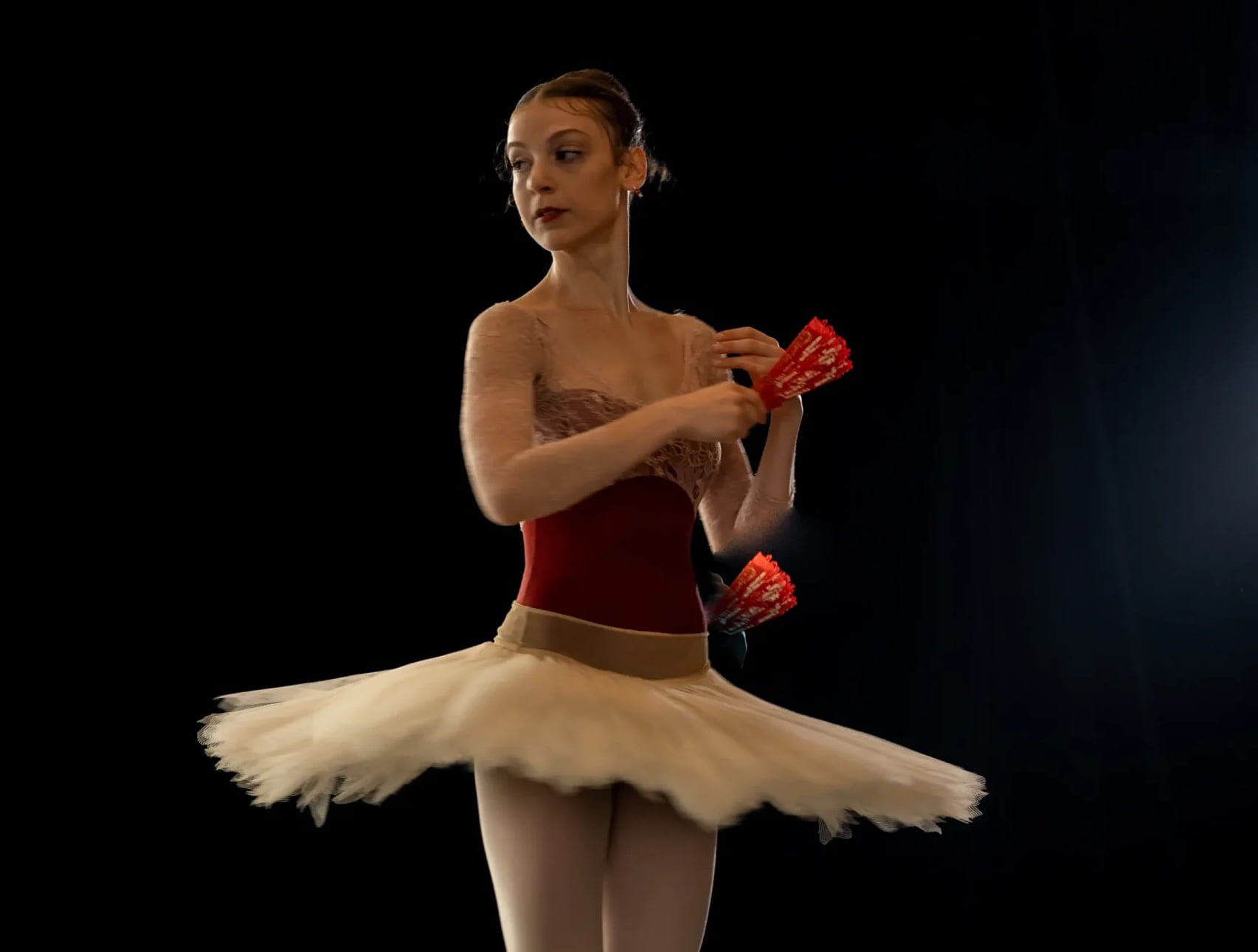By Suvi Honkanen
For me, the most difficult aspect of transitioning from ballet school into a professional company was the initial feeling of loneliness. I felt that while in ballet school, I had a tight group of friends as well as a teacher who I relied on for everything. Talking with other dancers, I’ve noticed that the teacher is often almost like a mirror from which a student evaluates their own worth and competence. I certainly felt dependent on my teacher and completely lost without her. Because suddenly in company class, no one was watching me during our daily morning classes to make sure I was working hard or correctly. No one was shouting at me or urging me to try again one more time. The responsibility to push yourself and work smart was on my own shoulders for the first time.
The sudden disconnection from all the security that ballet school offers can make you feel isolated and insecure. There are so many unwritten rules to learn and dynamics to absorb. In addition to that, a spot at a professional company can mean being far away from your family for the first time, moving to a new country, or learning the ropes of adulthood. On the other hand, starting life as a professional dancer is an exhilarating and exciting new chapter that one should also enjoy. The start of something new is always scary but full of possibilities.
When I joined the company, I was expecting someone to take my hand and teach me step by step every piece of choreography, just like in school. I learned the hard way, that no one but myself will make sure I know the steps and musicality. Especially as a cover, which I was doing a lot as a new dancer, anything can happen in the span of a minute so being prepared is key. This is surely stressful, always being on your toes and waiting around in case you are needed. I found that the more prepared I was, the less stressed I was about getting thrown in. I eventually mustered up enough courage to ask for clarification or a quick marking of placing and steps if I was put in a spot I felt unsure about -as learning the route of 25 swans or wilis is indeed impossible to memorize. There is a balance between knowing your stuff and not obsessing over work.
In general, in a company, the responsibility of working hard, taking care of your body, and knowing the steps is on the dancer, whereas it lies more on the teacher and faculty as a ballet student. Knowing your body and mind is important. What routine works best for you? How do you unwind? What do you need to do in class if the rehearsal day is heavy, or when it’s light? It’s up to you to determine what you need from class each day.
There can be a lot of unwritten rules in a company, like which spot is a no-go at the barre, where to leave your things, who to talk to and how. It can feel isolating to try to figure all of it out by yourself, but I think it’s comforting to remember that behind every face is just a person. Despite the power-dynamics, everyone is just as valuable and worthy of respect despite the ranking or position in the company. After all, this is a group of adults and everyone should behave accordingly. Regardless, having people around you who support you and want your best is just as important as having a healthy body. Luckily, I’ve found that in most companies, the sense of comradery is profound.
I also found it to be helpful to think that even as a professional dancer, I am always, always a student of the artform. There will never be a moment when you won’t be able to learn more from another dancer, a new teacher or from a piece of choreography. It’s important to remember none of us are ever ready or perfect, we are all just trying to make something magical, so why not approach things with a flexible mindset and a bit of humor.
Life in the theater is different from what a ballet student is used to. In some cases, a young dancer might find themselves overwhelmed with work and in others, they might find themselves standing in the back of the studio with nothing to do for hours on end. Whatever the situation, know that it is not forever. Beginnings are always new and frightening, and it takes a while to settle in a new place. There will be many new challenges, new choreographies, new people, and new rules to absorb when joining a company. It’s important to give oneself time and allow oneself to feel lost. After all, if we were never lost, could we ever even find anything new?




